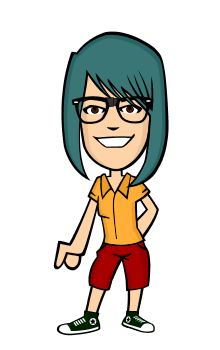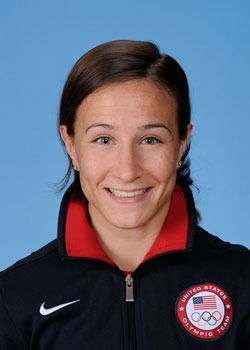
Hailing from Whidbey Island located in beautiful Pacific Northwestern Washington, Marti has been doing judo since the age of 6. She picked up the sport alongside her older brothers and after winning her first competition just months after starting she set her sights on one day being an Olympic Champion.
On March 2nd, she will represent the USA against the Japanese team at the 2014 New York Open Judo held at the New York Athletic Club, thanks to the work of Film Annex, main sponsor of the event, along with the mission of its Foundation: Women's Annex Foundation, whose goal is to empower women and establish women role model like Marti Malloy.
FA: Marti, I understand that you train a lot with males in the same weight, and bit up most of them. How does it feel?
MM: Yes, I do train with a lot of men. Mostly because in my judo club at San Jose State University there happens to be more men than women and a particularly large number of 60kg and 66kg ones.I think it feels difficult. I have been told that I am very strong for a girl but that doesn’t make fighting men any easier. I find that if I am able to implement my judo against someone bigger and stronger than me then I will be able to do it even more effectively against someone my same size.
FA: You already won Olympic bronze, Worlds silver, and medal in other important tournament, what motivates you to sacrifice and to keep grinding through long judo practices , weight training, and conditioning sessions?
MM: Well more than anything I love the sport of Judo in general. Everyday it presents a new challenge to me,whether its in the shape of a difficult opponent, learning a new technique, or perfecting an old one.I am generally a very goal oriented person and Judo is something that I will spend my entire life attempting to perfect, and that challenge alone motivates me every day. In a competitive sense, what motivates me the most is my belief that I have not yet reached my full potential. While I am happy with my success thus far I have yet to accomplish either of my 2 life long dreams, to be an Olympic and World champion. Striving to make those dreams come true is what motivates me everyday to get out of bed and go train despite being tired.
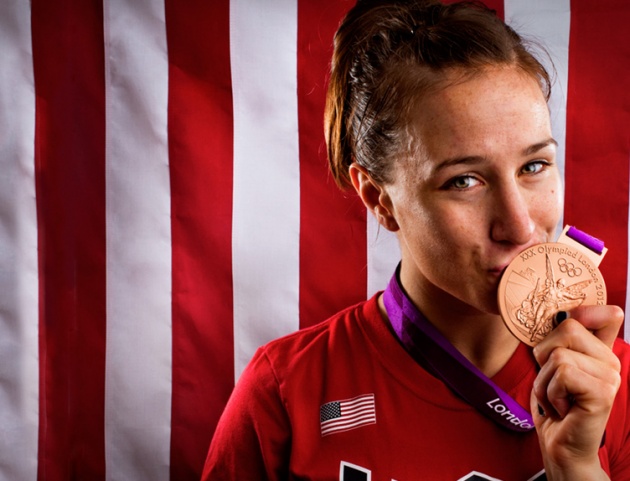
FA: how do you balance working on your Master's degree, judo, and social life?
MM: I get this question a lot and the crux of the matter is that i have been a student athlete for most of my professional judo career. So for me, studying and doing judo go hand in hand. I studied for my undergraduate degree while traveling and competing in judo starting at 18 yrs. old, while working 30 hours a week and paying my own way through college.Having the mentality of ‘doing what had to be done’ in order to accomplish what I wanted was vital. I realized early on that being a good student that participated in class, turned in assignments early and did well on exams was the best way to get professors to be lenient when I needed to spend 2 weeks training in Japan mid semester. I handle my education the same way in my Masters program. I even missed the first two weeks of my very first semester in the program to go to Brazil for World Championships. But it wasn’t an issue because I contacted all my professors prior to the semester and worked very hard upon my return to catch up. Besides, long flights over seas are great times to study anyway. As for social life, it works its way in when it can. I am a social animal by nature and spend most of my time off the mat talking someones ear off anyway.
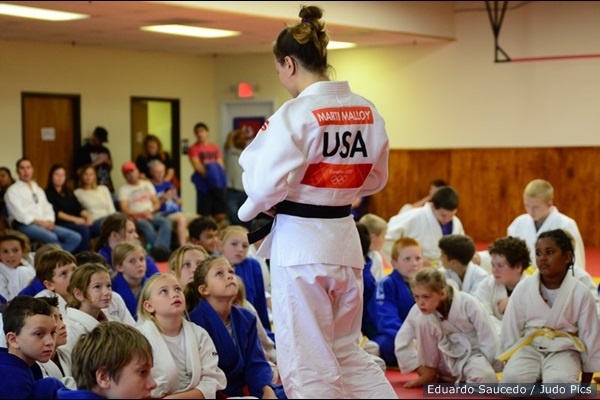
FA: Why did you choose to go back to grad school?
MM: I went back to grad school for a few reasons. Mainly I felt like I was getting dumber in the sense that I wasn’t exercising my brain enough. It’s easy to think of nothing but Judo all day long. But I was slowly forgetting all the things I had laboriously worked to stuff into my brain during my undergrad studies and I was acutely aware that the landscape of mass communications (my major) was/is undergoing some drastic shifts since I had graduated. I didn’t work so hard to learn all that I had only to be left in the dust as the world changed. Secondly, I have found that obsessing and thinking about only Judo can be detrimental to the mind of an athlete as well. I think of it the same way I do about being ‘burnt out’ from training but in a mental sense. Shifting my focus from judo to my studies gave me the mental break I often times didn’t/don’t even realize I need. Thirdly, I like to learn and my experience in the Masters program after just one semester has been terrific. The rapidly changing atmosphere of mass communications is particularly exciting at this point in time and its exhilarating to be right in the middle of it all.
FA: Tell us about your judo community/family in San Jose?
MM: My judo family in San Jose is made up of so many incredible,talented and supportive people. The SJSU Judo team is united by our love of judo and by a huge emphasis on education, which are both fueled by our legendary coach Yosh Uchida. He teaches us all that if you can train everyday in a sport as difficult as judo all the while pursuing an education,when you get out into the real world, there’s nothing you can’t do.For me in particular, I feel that I am truly lucky to be surrounded by people who want my dreams to come true as badly as I do and are willing to make sacrifices for my sake in order to help make them happen. We function like a judo team and a family by pushing each other in the dojo and supporting one another and by spending holidays and special occasions together.From a judo perspective alone there is a wealth of talent and knowledge entrenched within our alumni network and from friends of the program, spanning more than 50 years.It’s an incredible thing to be a part of and to represent.
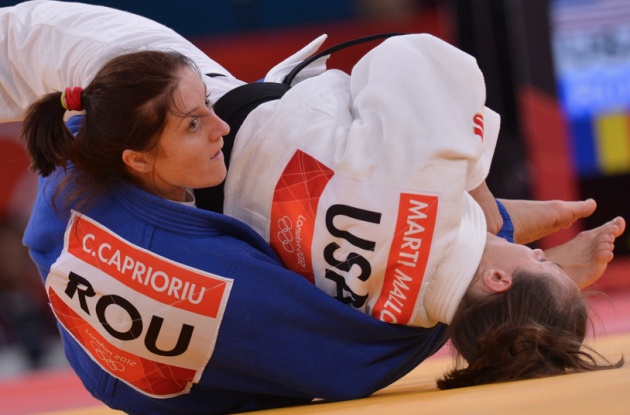
FA: What are the limitations of being a judoka in the US (West coast) and what are some ideas or solutions that you may have for it?
MM: I don’t believe that there any limitations to being a judoka on the West coast, as a matter of fact I believe there are many advantages(large judo practicing population,huge network of clubs,ample opportunities to compete, to name a few). However, there are limitations to being a judoka in the US compared to being one in Europe or Japan for example. The sport is not entrenched in the culture the same way it is in said countries by being a included in the school system as early as elementary and middle school like sports such as football or soccer are stateside. Judo is commonly offered starting at a young age in other countries which helps build a base of players and support for the future of the sport. We are at a significant disadvantage when it comes to developing future stars in the sport because of this main issue.I find it quite disappointing too because Judo is a sport that can teach young people so many things and help them to become strong, confident and hard working individuals. One main solution I think would be as I already mentioned, getting Judo added to school curriculums or after school programs. Another solution could be a type of ‘Judo campaign’ that educates the general public about the positive attributes of the sport as well as its effectiveness in creating active and healthy individuals. I have always found that people who don’t know much about Judo find it to be strange and exotic. But often times, once someone has given it a try they become very passionate about it. We can’t get everyone to try it, but if we can get enough people to understand the tremendous benefits it can provide to an individual,a community or society in general we can help the sport grow.
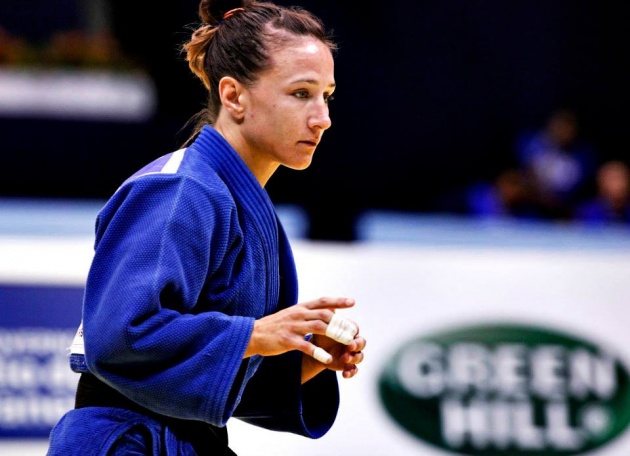
FA: Tell us about your disappointment in 2008. How did it affect your career?
MM: I missed out on the 2008 Olympic team by a small margin in the 63kg category that I was fighting at that time. It was a particularly difficult time for me mainly because it all came down to me placing at least 3rd or better at the last qualifier in Miami in order to make the Olympic team. I built the moment up so much and just mentally let the pressure of that event get to me. I ended up getting destroyed in my first fight by someone I know I could have beaten. In hindsight, I know that even if I had made that Olympic team I would not have performed well because I just wasn’t ready. I would say that is the biggest effect that disappointment had on my career. It forced me to realize that if I was going to make the next Olympic team it would not only be decisively, it would be with the intention of coming back a champion.
FA: What are some mental strategies that help you prepare for big tournaments?
MM: The best mental strategy there is for me is being confident. I feel like you are only truly confident when you are prepared. Almost 10 years ago Jimmy Pedro told me that you will know your ready to win a competition when you can ask yourself, ‘Did I do everything I could possibly do to be prepared for this?' And if the answer is yes, you are ready. I never forgot that and strive to do exactly as he advised before a competition so that going in I know that no matter what happens, I did my best.
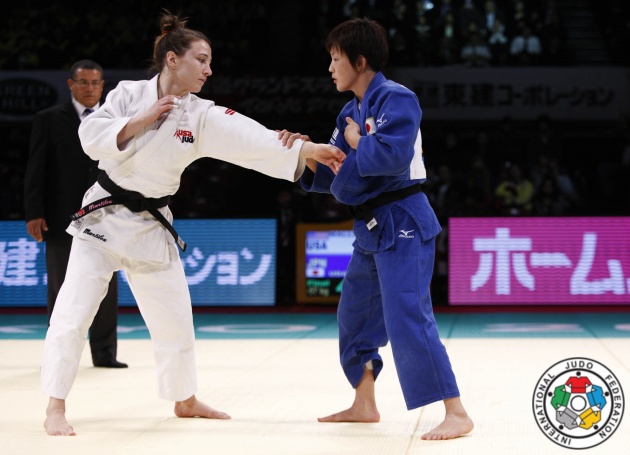
Subscribe to my blogs and Women's Annex so you don't miss the next articles.

